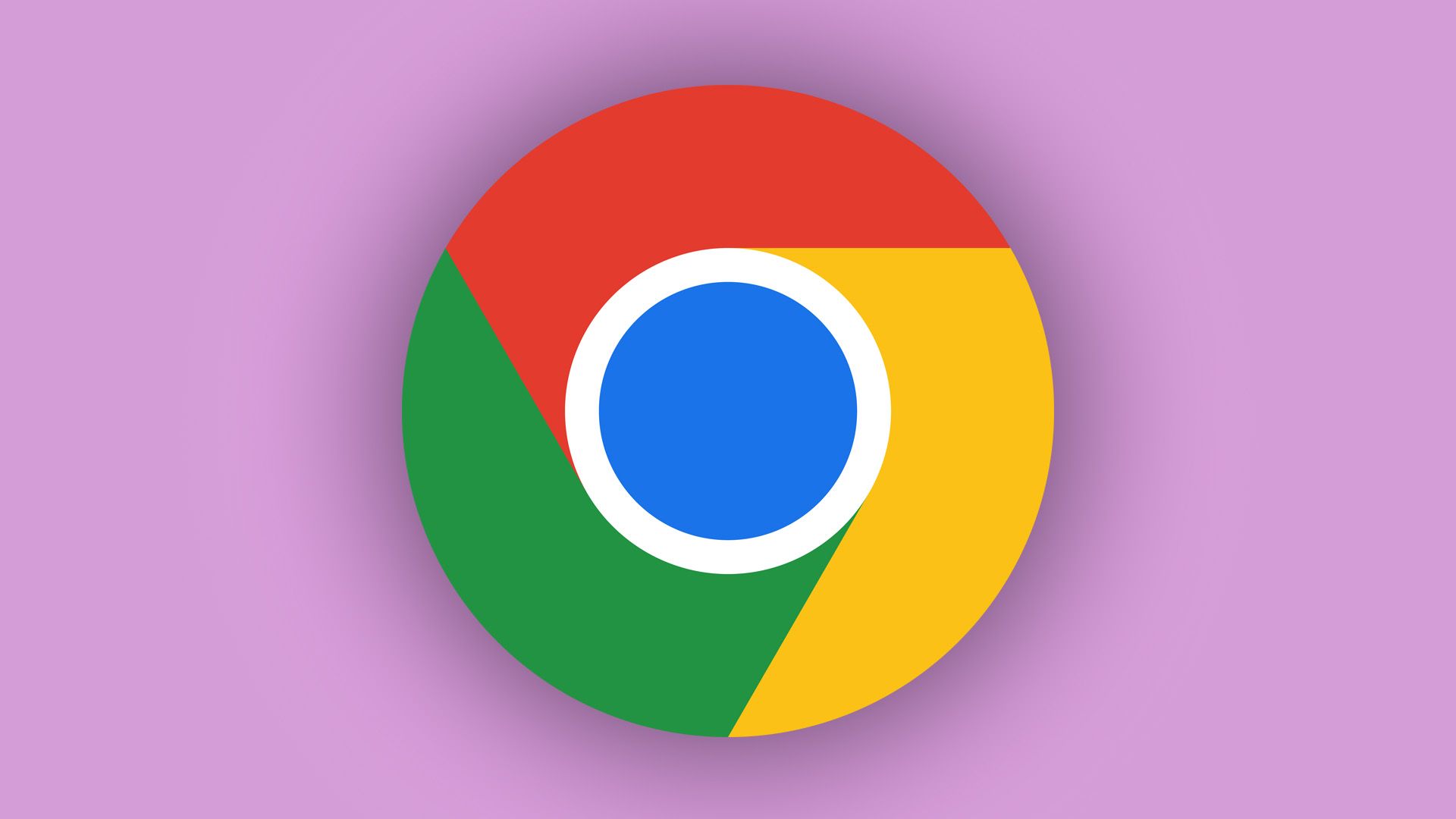Google has been pushing AV1 as the new video codec for streaming video, but it's still not supported in hardware by most computers, leading to more CPU and battery usage. The latest Chrome update is trying to fix that.
The recent Chrome 113 update includes a significant update to the browser's AV1 software encoder -- the component that handles AV1-based video on devices lacking hardware support. Google says it "greatly improves real-time communications performance," which means video chat services using AV1 should be faster and higher quality on older hardware. Screen sharing has also been improved, with up to 45% better compression and a 35% performance boost in AV1 Speed 10 mode.
Google said in a blog post, "Google Meet has tested AV1 successfully in extremely low bandwidth conditions---down to 40 kbps---which unlocks video calling to users whose poor Internet connections previously prevented them from making video calls. Users with better Internet connectivity get improved video calls. Compared to VP9 speed 7, AV1 Speed 10 provides 12% better quality at the same bandwidth, while running 25% faster on desktops."
Many streaming and chat services have (at least partially) switched to AV1 because of its lower bandwidth usage, but the rollout of hardware that fully supports AV1 encoding and decoding has been slow. If a certain video codec isn't supported by your device, Chrome or other applications have to use software decoding, which usually means more CPU usage. With these changes, Google has partially eliminated that downside.
The improvements will likely affect desktop and laptop computers the most, where the rollout of hardware AV1 support hasn't made much progress. Intel's 11th gen Core processors support AV1 hardware decoding, but not encoding.
Source: Google

